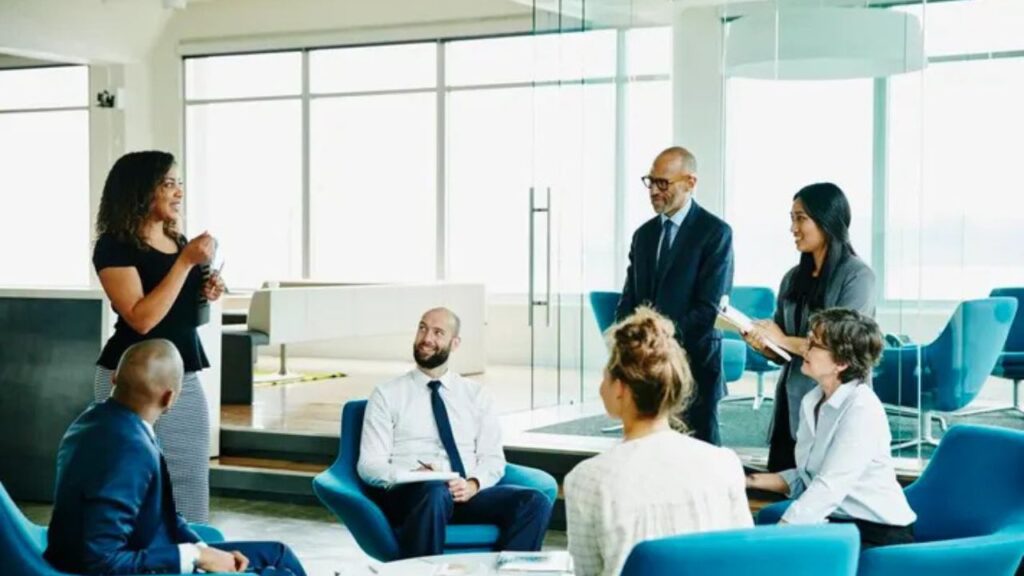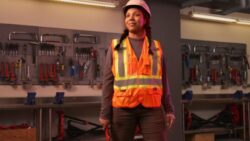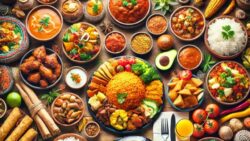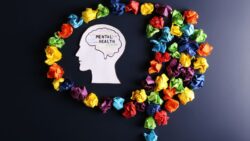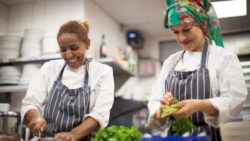Introduction : In this special feature, we speak with Amira Yusuf, a community coordinator at Dynamic Support of Greater Manchester. With years of experience supporting BME women in cultural spaces, Amira shares why inclusion isn’t just a buzzword — it’s a necessity.
Q: What does “cultural inclusion” mean at Dynamic Support?
A: At Dynamic Support, cultural inclusion means creating space where BME women are not just welcomed but celebrated. Whether it’s through African food stalls, storytelling circles, or workshops in traditional crafts, we ensure that culture is visible, valued, and central to everything we do. It’s about letting women show up as their full selves — languages, clothing, histories, and all.
Q: Why is inclusion important for BME women in Greater Manchester?
A: Because too often, BME women feel invisible in public life. Many are dealing with racism, language barriers, or mental health struggles. Inclusion isn’t just about fairness — it’s about healing, empowerment, and access.
When you’re part of a society but never see your culture represented at events, in councils, or in the media, it reinforces the message: you don’t belong here. Our work aims to reverse that narrative.
Q: What are the biggest challenges you face in promoting inclusion?
A: One of the biggest challenges is tokenism. Sometimes institutions invite us for diversity points but don’t listen to what we actually need.
Also, structural racism exists — in hiring, funding, event planning. And of course, language and confidence barriers make it hard for many women to step into public spaces.
We constantly advocate for real partnership, not just performance.
Q: Can you give an example of real inclusion through your work?
A: Definitely. At one farmers market, our African barbecue stall was the only BME-led food vendor. At first, visitors were hesitant. But as we told them the stories behind the dishes, people became curious and engaged.
By the end of the event, we had long queues — and more importantly, real conversations. One woman told us, “I’ve lived here for 20 years and never saw something like this. I feel seen.”
That’s the power of inclusion done right.
Q: How do you train or prepare women to engage in public spaces?
A: We run a lot of confidence-building workshops:
-
Storytelling through food
-
Public speaking practice
-
Cultural heritage presentations
-
Volunteer roles in safe group settings
-
One-to-one peer support and mentorship
We also do event simulations — for example, preparing women to talk about their dish or hand out flyers confidently. It may seem small, but these moments make a big impact.
Q: What does Dynamic Support want to see in the future regarding inclusion?
A: We want policy-level change — where funding is accessible to grassroots BME groups without bureaucracy.
We want every council event to include culturally diverse vendors, not just in October (Black History Month), but year-round.
We want BME women to not just attend — but lead, speak, plan, and be paid for their contributions.
We also want youth inclusion, so the next generation carries forward these values.
Q: One message you’d like people to take away from this conversation?
A: Inclusion is not about ticking a box. It’s about sharing power, creating belonging, and recognizing the beauty in difference. If we want stronger communities, we must listen to every voice — especially the quiet ones.
Inclusion is not optional — it’s foundational. Through conversations like this and initiatives on the ground, Dynamic Support of Greater Manchester is showing that real inclusion starts with listening, sharing, and showing up with intention.

